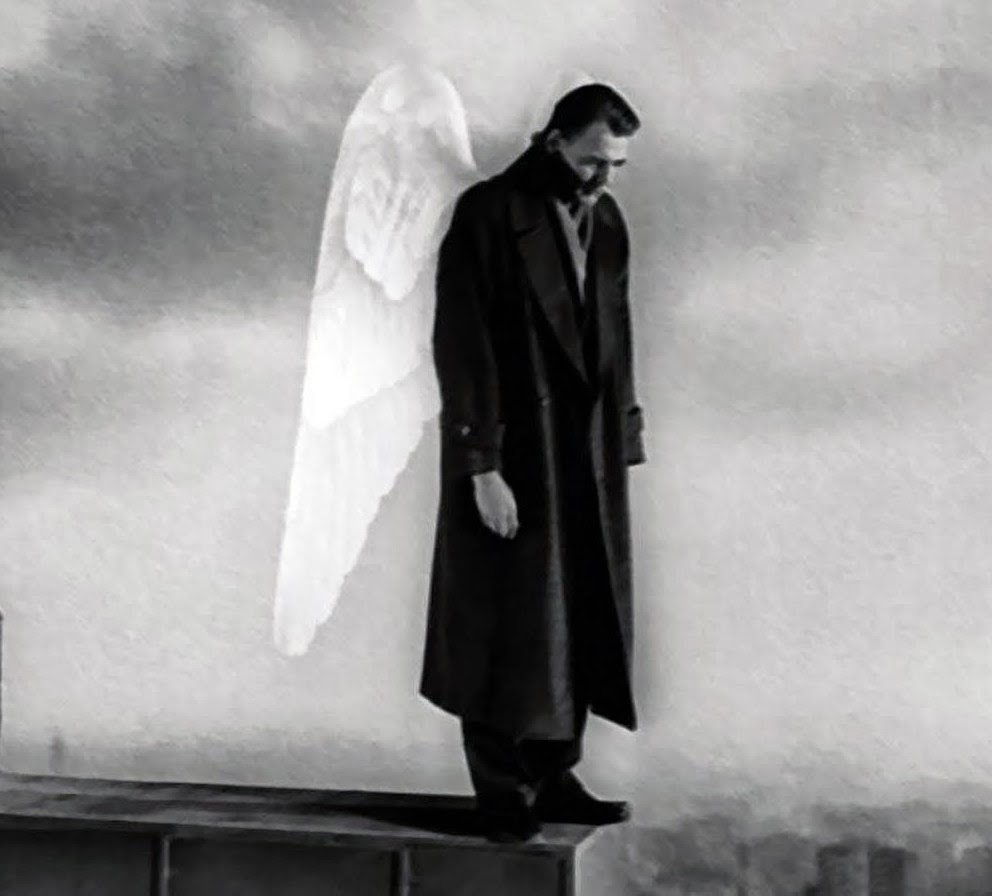Dear All,
I am delighted to be visiting Guildford this Saturday to lead a day of Lent reflection with the World Community for Christian Meditation looking at the life and writings of St Ignatius Loyola. All welcome!
Peter
I am delighted to be visiting Guildford this Saturday to lead a day of Lent reflection with the World Community for Christian Meditation looking at the life and writings of St Ignatius Loyola. All welcome!
Peter
A Study Day to explore
Peter is
Professor of Pastoral Theology and Spirituality at St Mary's University,
Twickenham, a UKCP registered psychotherapist, and Director of St Mary's
research centre InSpiRe. His books cover many subjects including psychotherapy
and spiritual direction, Christian spirituality and the mystical tradition.
St Ignatius of Loyola (1491-1556) was a Spanish priest and
theologian, who founded the religious order called the Society of Jesus
(Jesuits). Often viewed as the military genius behind the Jesuits, recent
research has revealed the mystical side of Inigo Lopez de Loyola, better known
as St Ignatius of Loyola. In our day together we shall draw upon this research
to understand the mystical dimension of Ignatian spirituality.
'Take, Lord, and receive all my
liberty, memory,
understanding, and my entire will. To Thee, O Lord, I
return it... Give me Thy love and Thy grace,
for this is sufficient for me.'
understanding, and my entire will. To Thee, O Lord, I
return it... Give me Thy love and Thy grace,
for this is sufficient for me.'
*
Open to all
*
Bring your own lunch - tea & coffee provided from 10am
*
No charge - suggested donation £10
For more information
please call Ray or Vicky Lamb on 01252 705064
or contact St Nicolas' Parish Office (parishoffice@saintnics.com) 01483 564 526
or contact St Nicolas' Parish Office (parishoffice@saintnics.com) 01483 564 526



